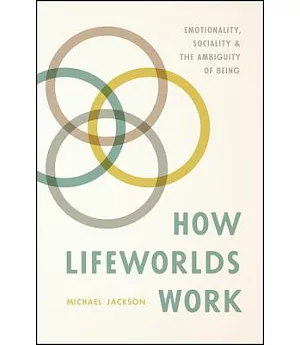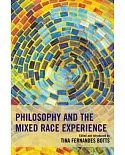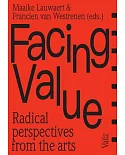In How Lifeworlds Work, distinguished anthropologist of religion Michael Jackson starts from the premise that individual well-being and social viability depend on a vital relationship between
inner and outer realities, self and other, desire and constraint. In asking how lifeworlds ?work,’ Jackson wants to trace the production of one’s individual and communal life while also
understanding how people create emotionally satisfying lives through reciprocal relations with people, objects, animals, and ideas. In other words, how do the ritual structures of the outer
and the emotional structures of the inner meet? Jackson brings his signature phenomenological approach to bear on the issue of how the dynamic, temporally inflected tension between order and
affect is negotiated. By mixing ethnography, philosophy, and personal reflection, Jackson produces a work that is in some ways his definitive and most intimate statement on a lifetime of
study.





